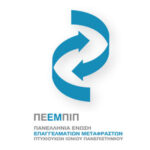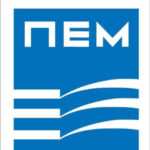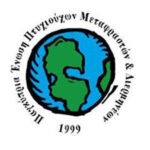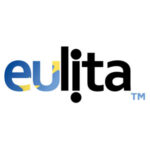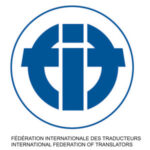WHAT SECTORS ARE COVERED?
Technical translations cover all sectors of industry and consequently include a large number of further sub-categories and specialisations. The main sectors most frequently in the spotlight include the automotive, medical and technical equipment industries, telecommunications, energy and IT to name a few.
Such translations are usually (though not exclusively) done into Greek since the relevant products are manufactured abroad in most cases, meaning the original accompanying documents are drawn up in the language of the country of manufacture.
WHAT’S INCLUDED
Just some of the technical translations I have done cover:
- Patents for mechanical devices, car parts, window parts, screen printing techniques, packaging materials, energy conversion systems, etc.
- User manuals for electrical household appliances, web applications and platforms, vinyl record players, alarm systems, smoke detectors, smart plugs, magnetic contacts, motion detectors, sirens, wall thermostats, wall switches, indoor and outdoor cameras, personal protective equipment, etc.
- Descriptions and repair reports of tools, cranes and other machinery
- Automotive industry: descriptions of vehicle technical characteristics, truck registration certificates
- Shipping: Lists of sailing gear
- Chemicals: chemical processing methods, risks and precautions
- Agroindustry: technical characteristics of seeds, method of use in crops, beneficial properties, etc.
- Sound and image technologies: A technical description of how sound systems operate
- Information Technology: How cookies work
WHY SHOULD THEY BE ASSIGNED TO PROFESSIONAL TRANSLATORS?
Reliable technological devices are those which offer accuracy, more functionality, excellent technical characteristics, stand the test of time, and perform well. In short, technical reliability equals quality.
And this key concept of quality should not be underestimated in the translation of the documents accompanying those goods. Professional, quality translations are part of a comprehensive product design strategy; a strategy that inspires trust and provides a guarantee to consumers. Don’t let shoddy technical manuals cast a shadow over the quality of your products. Invest in professional translators.
ADVANTAGES OF PROFESSIONAL TRANSLATORS FOR TECHNICAL TEXTS
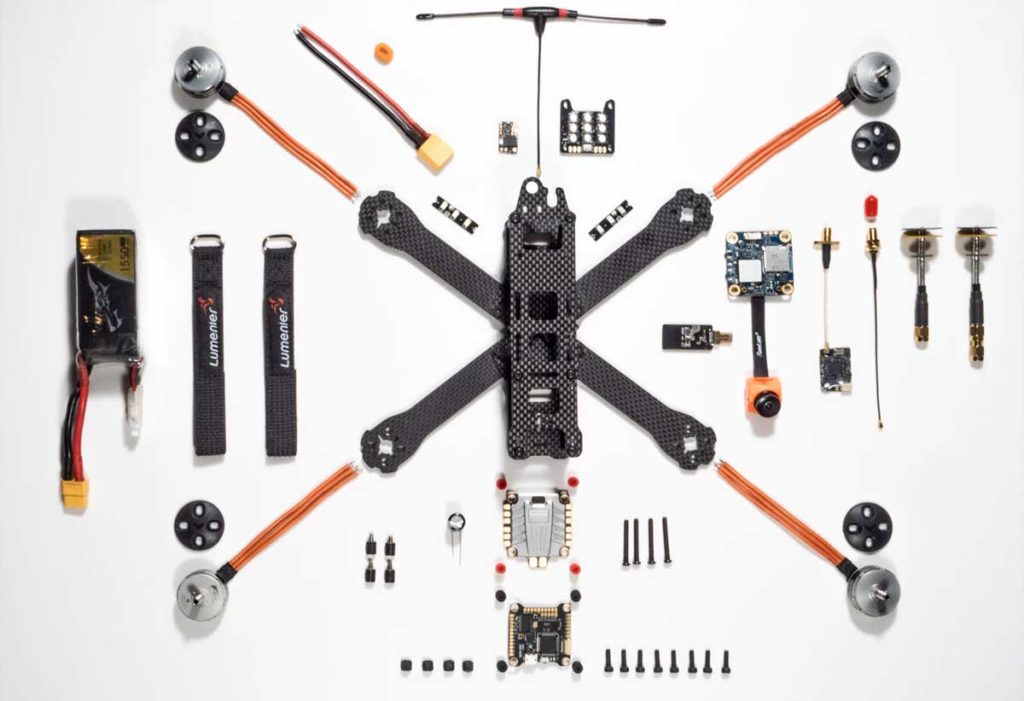
Professional translators:
- have undergone special training and developed techniques for analysing all types of text. Consequently, they can satisfactorily handle a wide range of specific fields (compared to other professionals who do not have translation training and are usually limited to their specialised area of study only).
- have become familiar with technical terminology and how technical language is used. Consequently, they are the right people to provide you with carefully drafted texts.
- take a comprehensive approach, bearing in mind both the author’s intention and the target audience’s perspective. By combining the two parameters, the text can do what it is supposed to.


